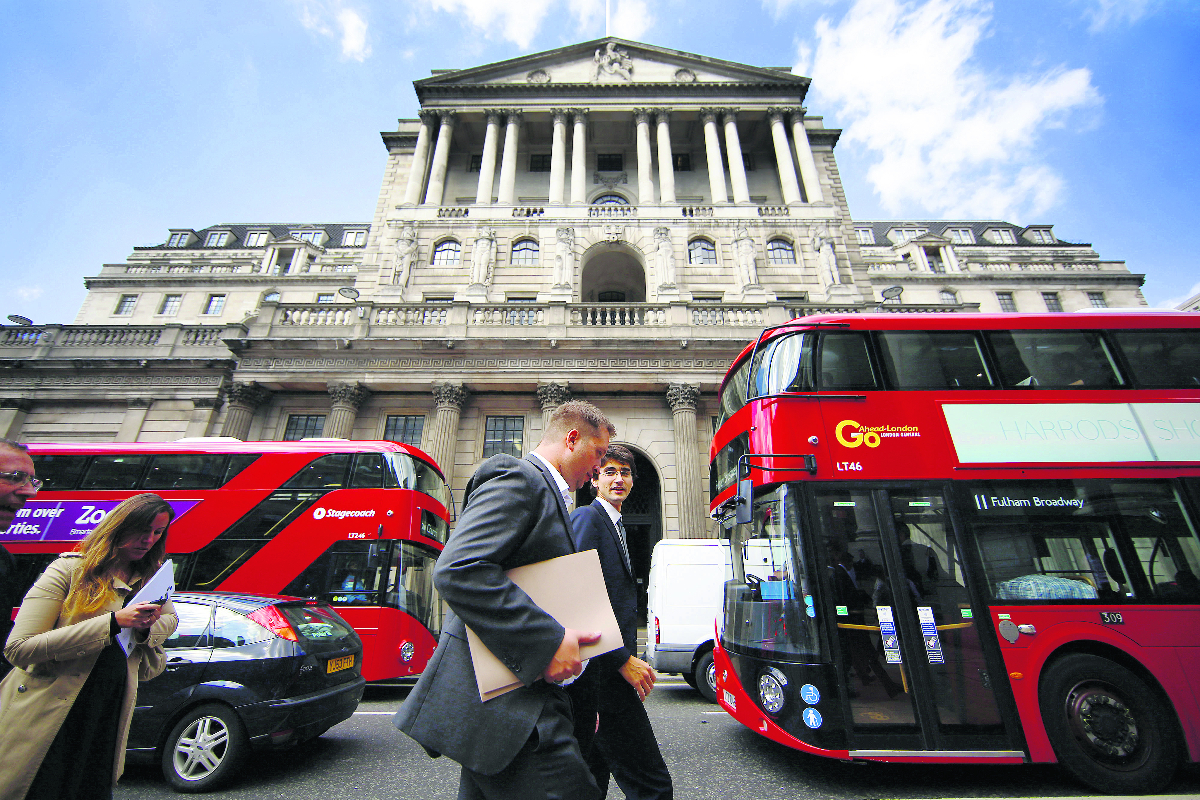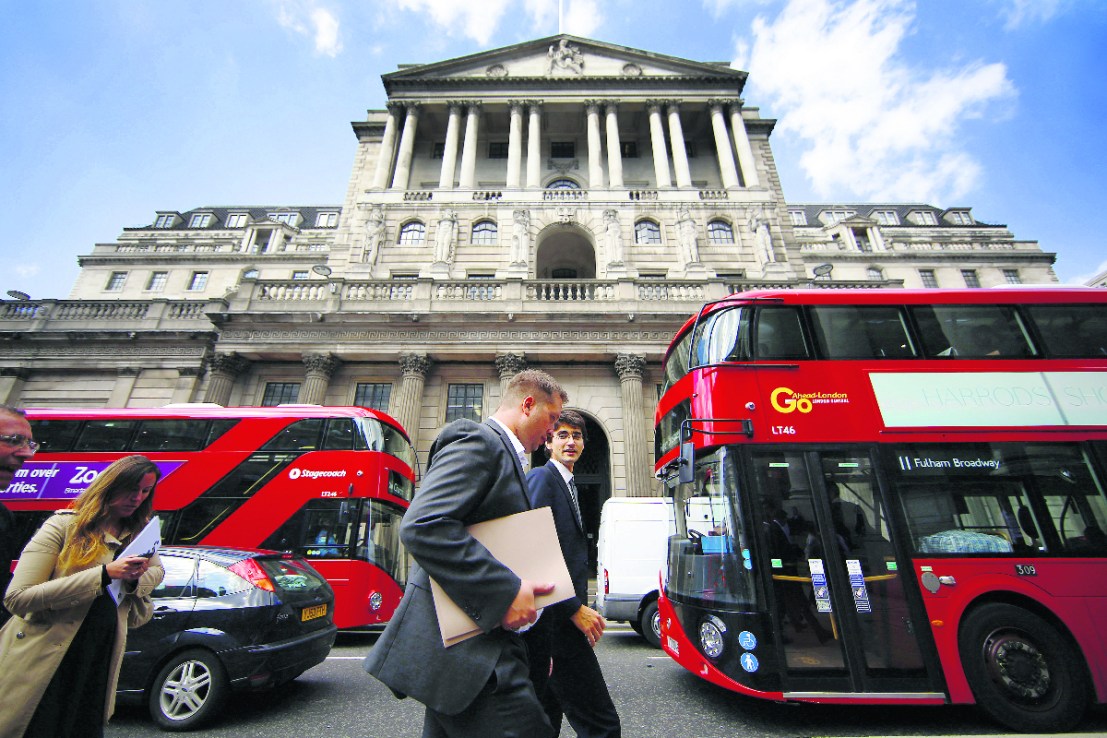Household demand ‘soft enough’ to cut interest rates, Bank of England’s Dhingra says
Swati Dhingra, widely seen as the most dovish member of the Monetary Policy Committee (MPC), said that "demand is soft enough" to prevent any resurgence in inflation even though wage pressures remain strong.


A member of the Bank of England’s rate-setting panel has said the Bank should ease the strain on households and cut interest rates now.
Swati Dhingra, widely seen as the most dovish member of the Monetary Policy Committee (MPC), said that “demand is soft enough” to prevent any resurgence in inflation even though wage pressures remain strong.
“I don’t see some kind of consumption boom,” she told The Rest is Money podcast in an interview broadcast on Monday. She argued it would “take some time” for the impact of interest rate cuts to “feed into the real economy”.
“We are weighing on living standards, and that cost doesn’t need to be paid,” she said. “Now is the time to start normalising so that we can then finally stop squeezing living standards the way we have been to try and get inflation down.”
The benchmark Bank Rate currently stands at a post-financial crisis high of 5.25 per cent, a level reached last August.
Dhingra has been voting for interest rate cuts since February and was joined by Dave Ramsden, a deputy Governor at the Bank, in voting for rate reductions in May.
Although the Bank left rates on hold in June, minutes from the meeting showed that it was a “finely balanced” decision for a number of rate-setters.
Inflation has fallen to the two per cent target while there are signs that the labour market is continuing to ease, both of which should enable rate cuts in the near future.
Dhingra also pointed to producer prices, generally seen as a leading indicator, arguing that “the direction of various indicators has been very promising”.
However, other members of the MPC have been more reticent. Huw Pill, the Bank’s chief economist, acknowledged that rate cuts were a “when rather than an if,” but was still concerned by signs of persistent price pressures.
Markets think there is a roughly 50 per cent chance that the Bank will cut rates in August.



